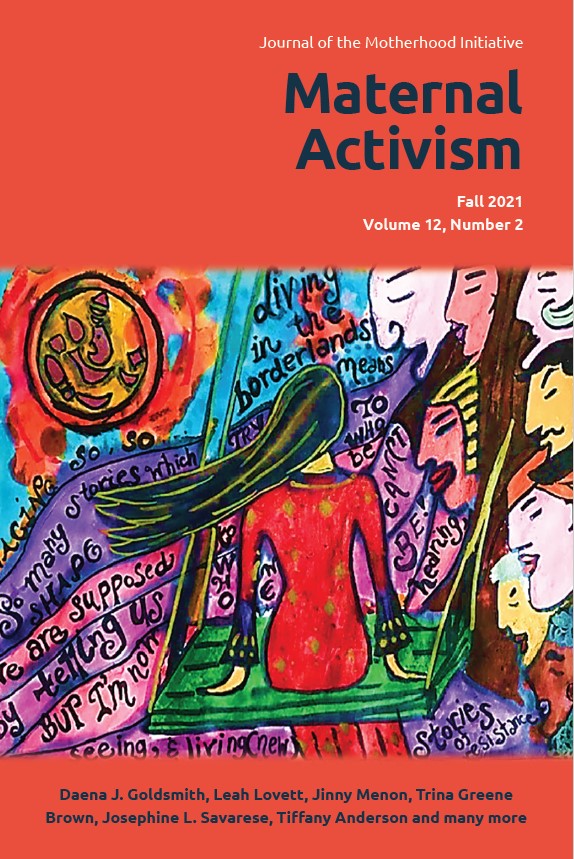Ain’t I a Mama?: A Black Revolutionary Mother in the Women’s Rights Movement
Abstract
In 1851, former slave Sojourner Truth gave a moving speech at the Women’s Convention in Akron, Ohio. Her speech reflected on the intersections of gender and racial inequality experienced by Black women. While white women were fighting for the right to be treated equal to white men, Black slave women were fighting for their right to be treated as a whole human being. While men used white women’s fragility and gentleness as excuses to deny women equal rights, abolitionist Truth pointed
out—over the cries of white women’s rights activists—that as a Black former slave, she was expected to do the same work as men and received no such preferential treatment. She demanded answers and clarity to a double standard of womanhood by repeatedly asking, famously: “Ain’t I a woman?”
Even though years of progress have passed, there is a long-standing critique of the women’s rights movement for its lack of and limited application of an intersectional analysis and frame when it comes to Black and other women of colour. In her speech, Sojourner exclaimed: “I have borne thirteen children, and seen most all sold off to slavery, and when I cried out with my mother’s grief, none but Jesus heard me! And ain’t I a woman?” Today, as a long term activist in the women’s rights movement, I ask: Ain’t I a mama?
Through personal storytelling of experiences as a Black feminist mama working in the women’s rights movement, this piece will reflect on the inequities and hypocrisies of the feminist movement and motherhood. When the day-to-day work of a feminist is to ensure that women’s voices are heard, this Black feminist mama’s personal experiences of being invisiblized, silenced, and denied access to privileges embolden her to raise the question harkening upon the ancestral spirit of Sojourner Truth: Ain’t I a mama?
This article was originally printed in The Chicana M(other)work Anthology: Porque Sin Madres No Hay Revolución. Reprinted with permissions.
Downloads
Published
How to Cite
Issue
Section
License
All intellectual property in relation to material included on this site belongs to the Motherhood Initiative for Research and Community Involvement (MIRCI). All material on this site is protected by Canadian and international copyright and other intellectual property laws. Users may not do anything which interferes with or breaches those laws or the intellectual property rights in the material. All materials on the Motherhood Initiative for Research and Community Involvement (MIRCI) are copyrighted and all rights are reserved. Any reproduction, modification, publication, transmission, transfer, sale, distribution, display or exploitation of the information, in any form or by any means, or its storage in a retrieval system, whether in whole or in part, without the express written permission of the Motherhood Initiative for Research and Community Involvement (MIRCI) is prohibited. Please contact us for permission to reproduce any of our materials. This site may include third party content which is subject to that third party's terms and conditions of use.


